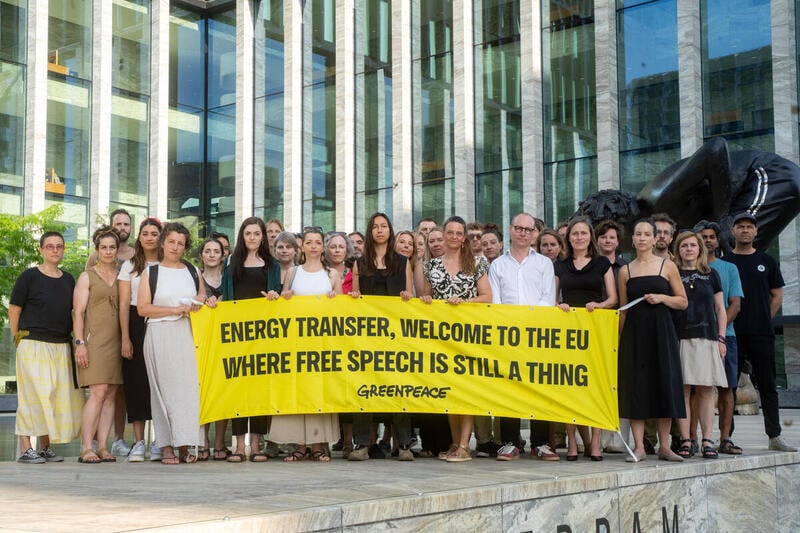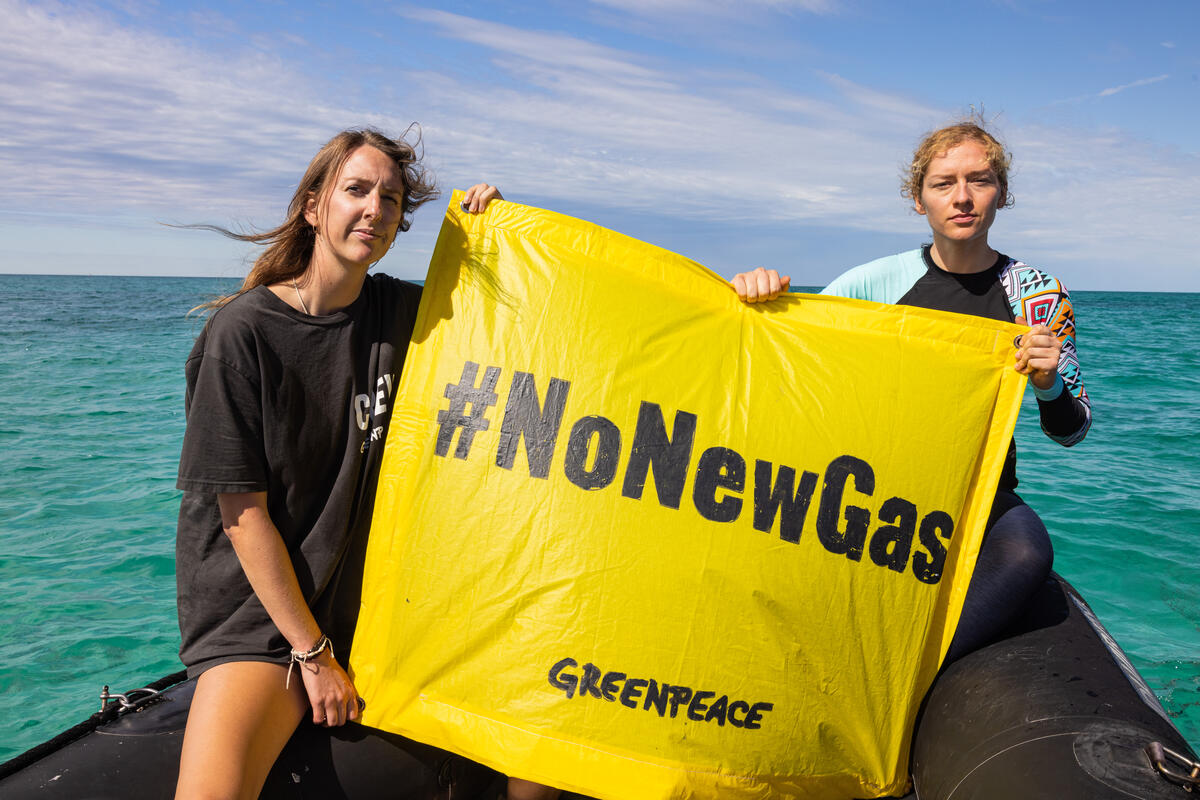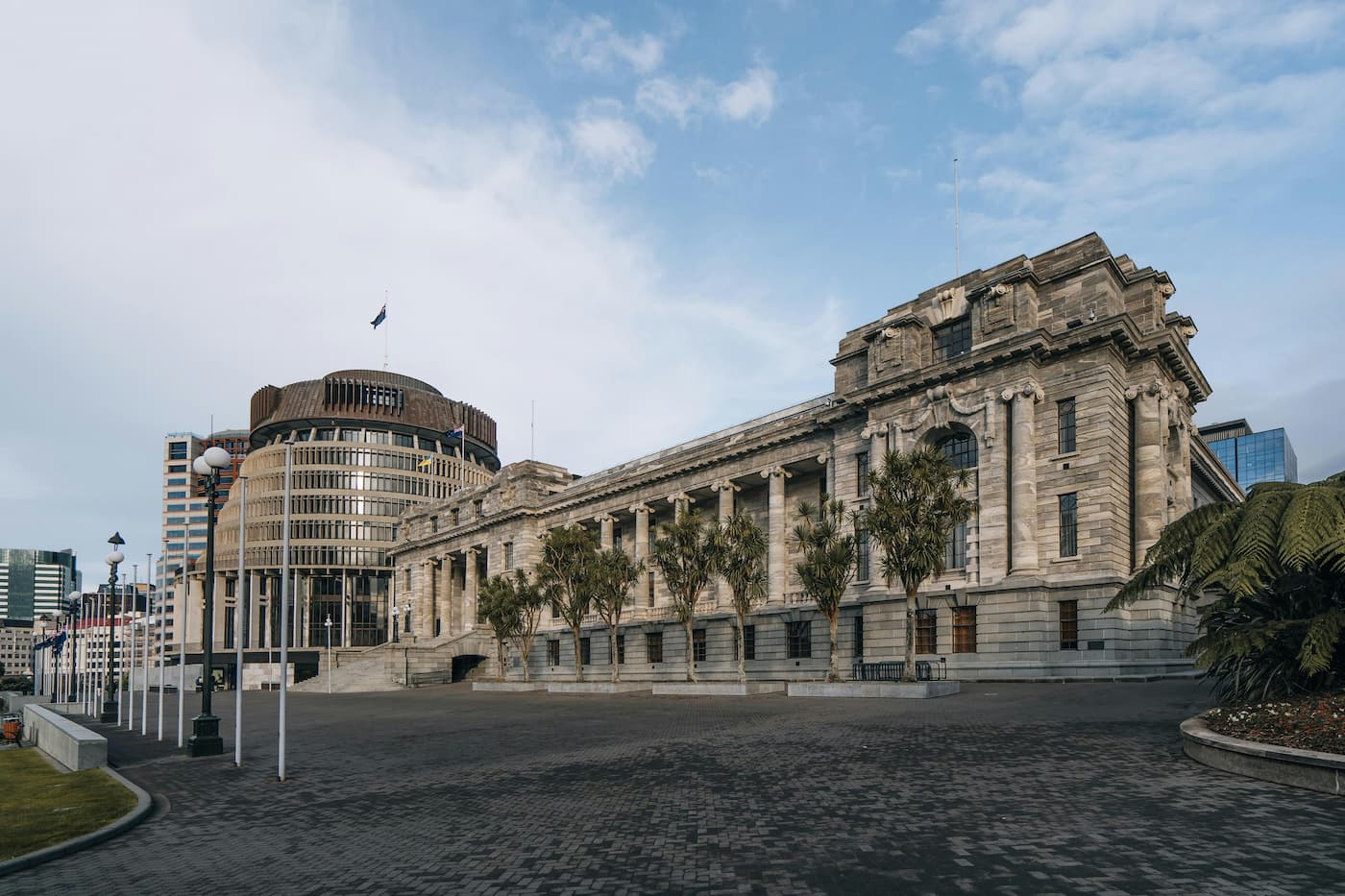Greenwashing is when an organisation makes vague, deceptive or even false claims about their positive environmental impact.
Many companies are greenwashing their products now. This is because growing numbers of people are looking for sustainable and ethically produced products. Companies also have to meet higher standards and requirements that are being set.
Did you know many companies in New Zealand are greenwashing their brands?
Seen a lot of greenwashing going on? See if you can spot who said what with our greenwashing test!
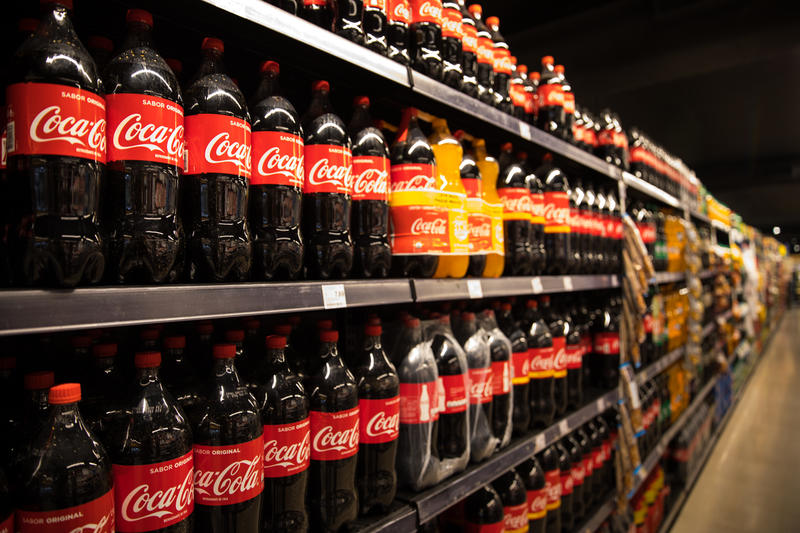
Not the whole truth
One way some companies use greenwashing is to make a true statement, but in a way that doesn’t tell the whole story. It may not reflect their actions on the ground, or it may be distracting attention away from their main business of pollution.
For example Coca Cola is one of the world’s biggest producer of single use plastic bottles and may say the right things:
“We have a responsibility to help solve the global plastic waste crisis” – The Coca-Cola Company
In reality Coca-Cola increases their production of single use plastic every year, fueling the plastic and climate crises. They have known reusable glass was the best packaging choice for the planet since the 1970s.
You could say they’re not lying, but it’s not honest.
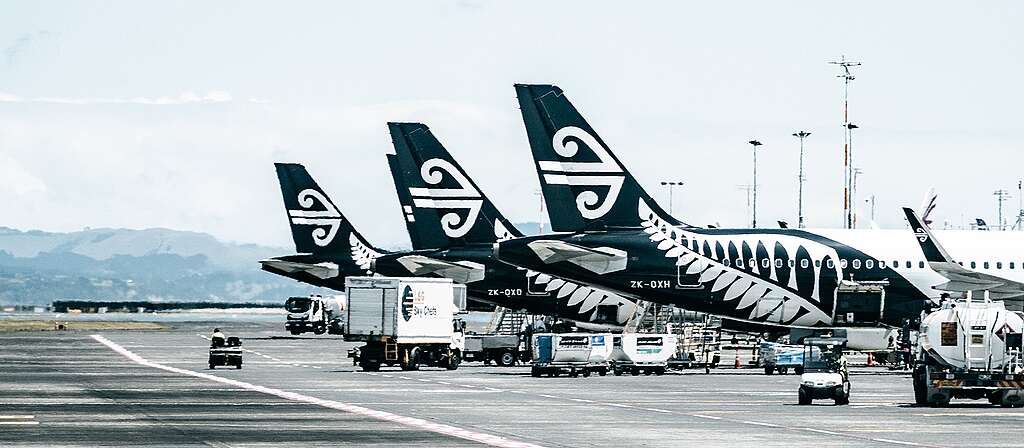
Wishful thinking
Some companies set ambitious targets for themselves, then don’t take the actions needed to meet them, while saying the right things.
Many companies have said they’re committed to the goal of net zero by 2050. This means their greenhouse gas pollution would be equal to their greenhouse gas mitigation. However, many companies say this without knowing how they will achieve it.
For example Air NZ says it will achieve net zero with alternative sustainable aviation fuels. However these fuels are not available in large enough supply to make this a reality. If they encouraged the supply of biofuels to scale up they could cause the diversion of food crops and create havoc for the world’s food supply.
In October 2024 Air New Zealand gave up on its 2030 emissions reduction target – blaming delivery delays of fuel-efficient aircraft and high sustainable aviation fuel prices. In this case the company is being honest, which is in a way commendable.
Why greenwashing works
Companies often say the things we want to hear. It’s a good feeling to know our consumer power is supporting good practices or protection of the environment under threat.
It’s in our human nature to want to believe in the good and to know everyone is doing their best to look after nature.
Anyway, we don’t have the time or expertise to research supply chains or read policy statements ourselves. It’s very hard for any of us to judge whether a company is being honest or there’s some level of greenwashing.
Even the experts have trouble:
“I work in the space of environmental claims, yet if we went to the supermarket and you asked me which products are genuinely sustainable and which products are greenwashing, I wouldn’t be able to tell you.” – Gemma Rasmussen, Consumer NZ’s head of research and advocacy
Is greenwashing illegal in Aotearoa?
It shouldn’t be up to individuals to keep companies honest – companies should be honest!
In Aotearoa New Zealand, the Fair Trading Act makes it illegal for businesses to mislead or deceive. It requires businesses to make sure the information they share is accurate and that they don’t withhold important information.
Yet there are no specific rules preventing businesses from making misleading green claims – only guidelines.
Some New Zealand companies are good at promoting their polluting products and brands as ‘green’ without breaking any law. They sell themselves and their products, while not saying anything untrue they could be held accountable to.
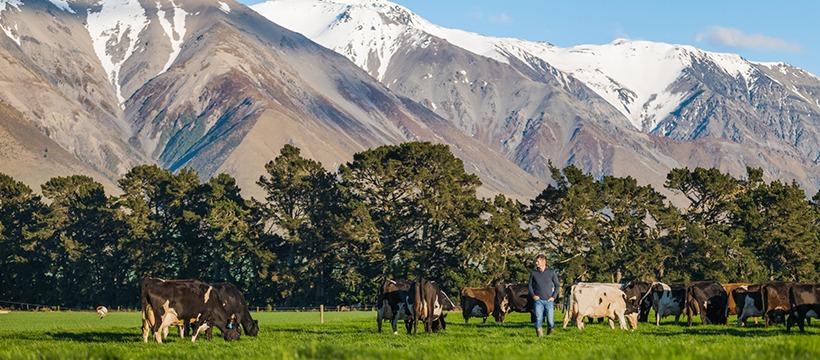
Fonterra’s greenwashing
There are companies in New Zealand that are making outright untrue statements that breach the law.
We decided to sue dairy giant Fonterra for misleading the public by claiming that Anchor butter is ‘100% New Zealand grass-fed’. In reality Fonterra’s rules allow up to 20% of a cow’s diet to be imported palm kernel.
Palm kernel is a type of feed for cows linked to deforestation of rainforests in Southeast Asia. Fonterra doesn’t want us to know they are the world’s biggest importer of a product linked to deforestation.
Z Energy’s greenwashing
Z Energy is the country’s second-largest climate polluter (after Fonterra) and is accountable for more than 10% of the country’s emissions.
Consumer NZ has taken Z Energy to court for misleading the public with its messaging.
This is because Z Energy uses the slogan “we’re in the business of getting out of the petrol business” – but without taking the realistic steps needed to reduce emissions.
Fossil fuels are one of the biggest contributors to the climate crisis – and fossil fuel companies have known this for years.
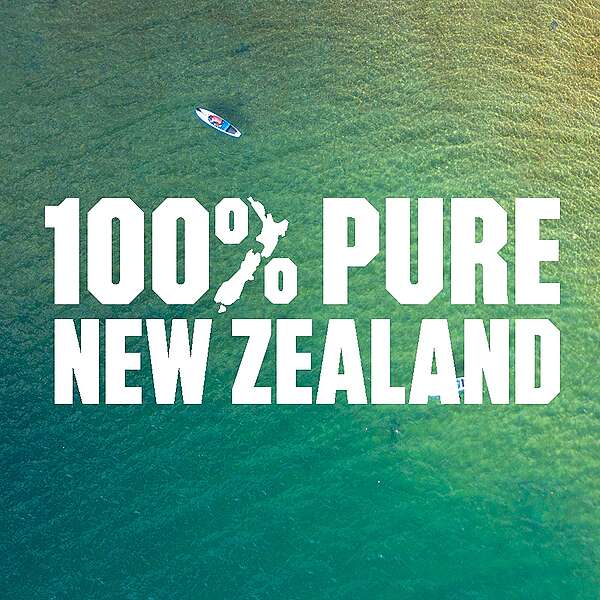
Is New Zealand greenwashing its brand?
Countries have a brand. Think France and baguettes, China’s Great Wall, or Jamaica’s reggae culture. New Zealand has long had its ‘clean green’ brand, which the tourism and trade sectors depend on.
In 1999, Tourism New Zealand launched a campaign that leant into this image called ‘100% pure New Zealand’. It doesn’t say anything about what it means, it’s just a good vibe!
Unfortunately, the environmental picture is much less than 100% pure. Nearly 50% of New Zealand lakes and around 90% of lowland rivers are classed as polluted. More than half of native freshwater fish species and all native aquatic plants are now listed as threatened. By many environmental indicators, New Zealand is far from pure and you could say is greenwashing for tourism.
Tips to spot greenwashing
So, how do we know if companies (or countries for that matter) are misleading us? It’s hard but we can help each other get better at spotting different greenwashing techniques.
A company could be:
- Setting ambitious targets – but without taking the steps to meet them
- Taking real small sustainable actions – but using these to cover up its main business of pollution
- Telling part of the truth – but cherry picking data
- Using words such as ‘sustainability’, ‘green’ or ‘eco-friendly’; or using the colour green or natural images – but without any goals or measures to be accountable
- Not saying anything untrue – but implying sustainability without defining it (eg. 100% pure New Zealand)
To help identify greenwashing look for a trace of actual goals, steps, actions and reports of sustainability.
It’s unlikely any company can be spotless, so any honest acknowledgement of the difficulties of the challenges to being sustainable could be a good sign.
Can you spot who said what with our greenwashing test?

